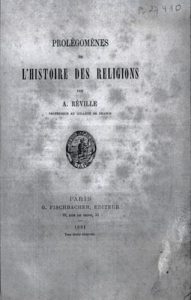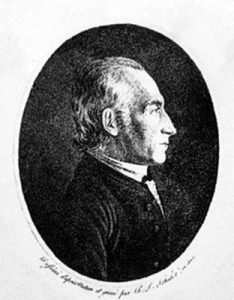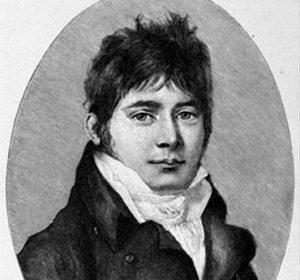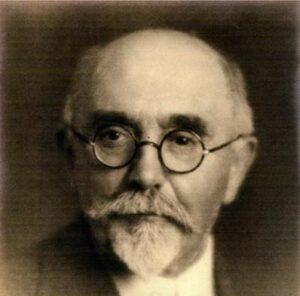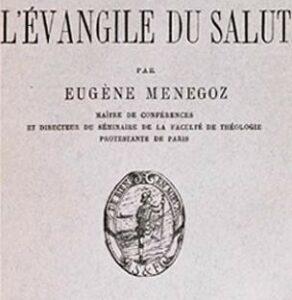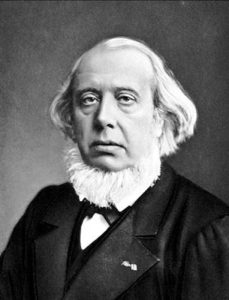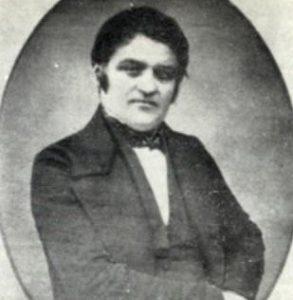A historian of religions
During his long Reformed Church ministry at the Walloon Church of Rotterdam he maintained close links with the liberal circles of the University of Leyde, the Tübingen School and Ernest Renan.
His publications made of him an outstanding representative of the liberal and historical-critical trend. Back in France in 1873, he left the ministry and defended republican democracy. After the publication, in January 1880, of the decree inspired by Jules Ferry and establishing the first chair of Comparative History of Religions at the Collège de France, Réville was appointed to it with the support of Renan and Gambetta. He resigned from the ministry and all his church-connected activities out of respect for the principle of secularity. In 1886 he was appointed Head of the department of Religious Science created at the Ecole Pratique des Hautes Etudes. His Histoire des religions in 4 volumes covers biblical exegesis, history and religious philosophy.

